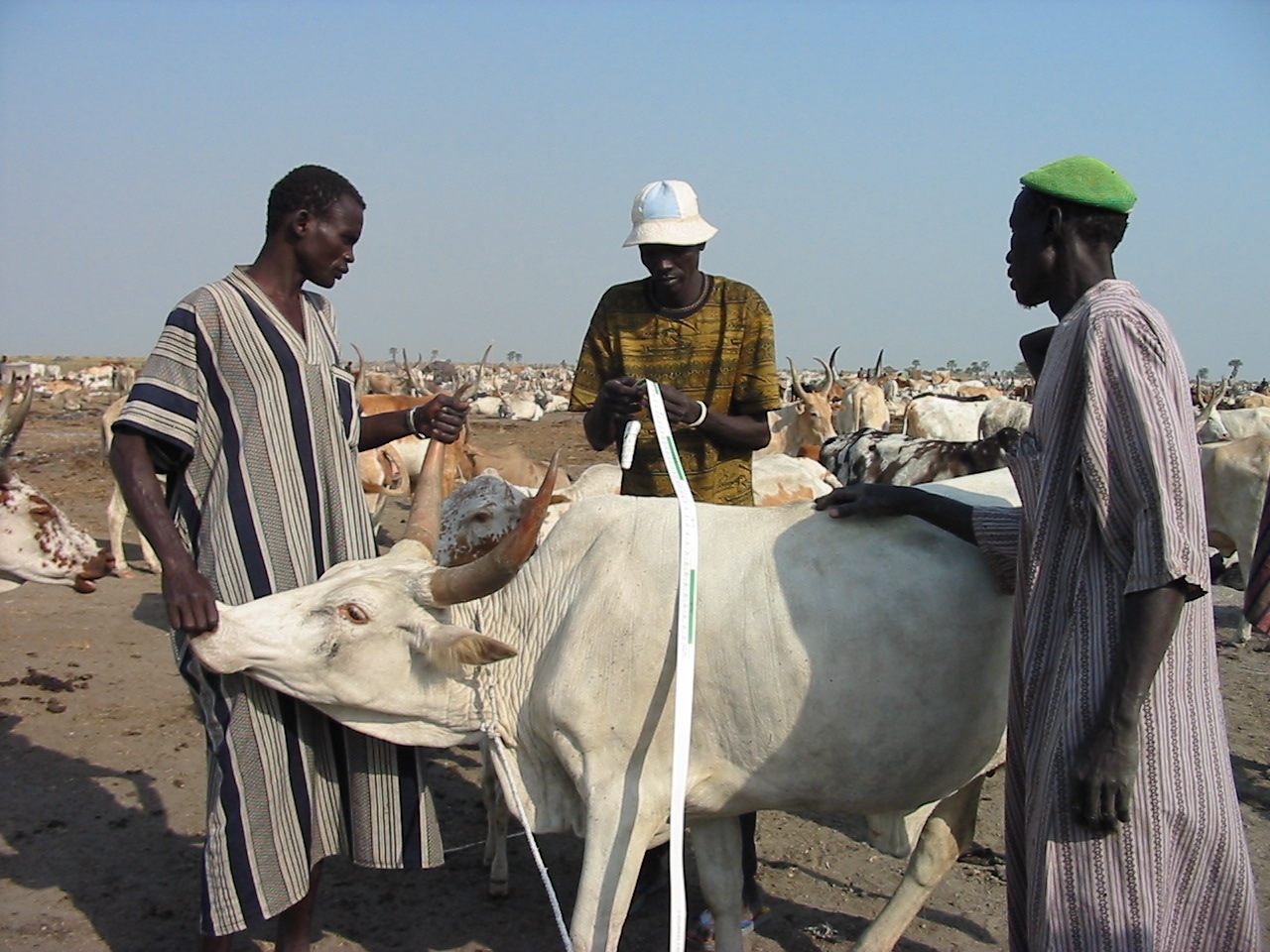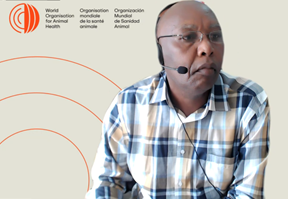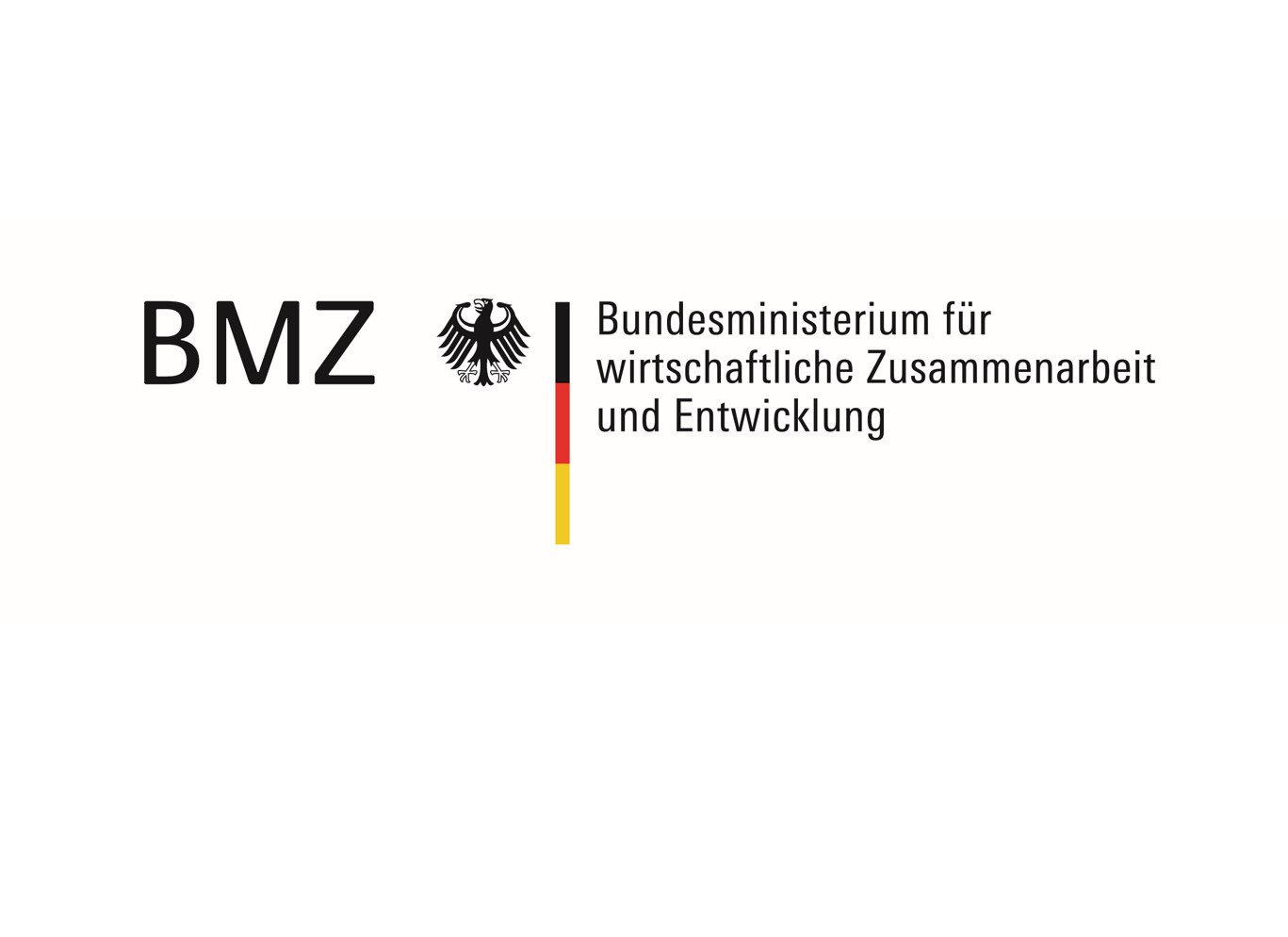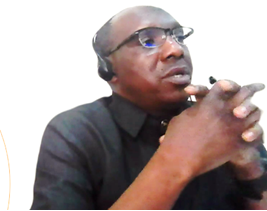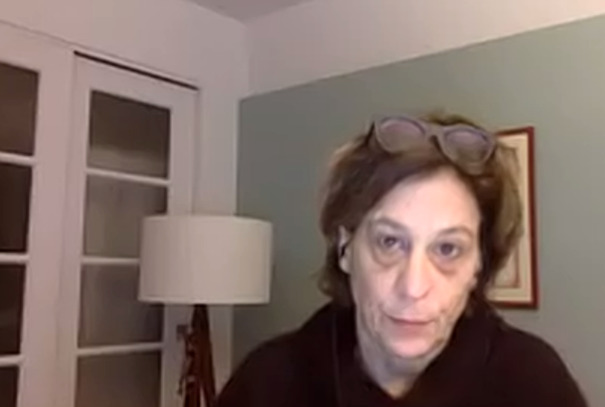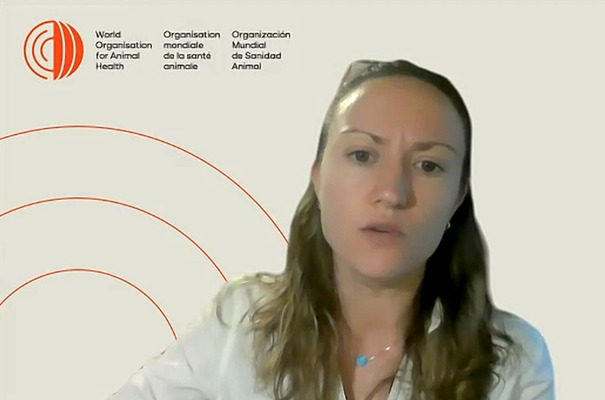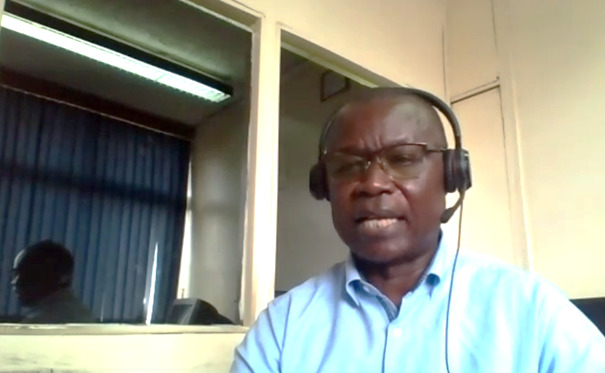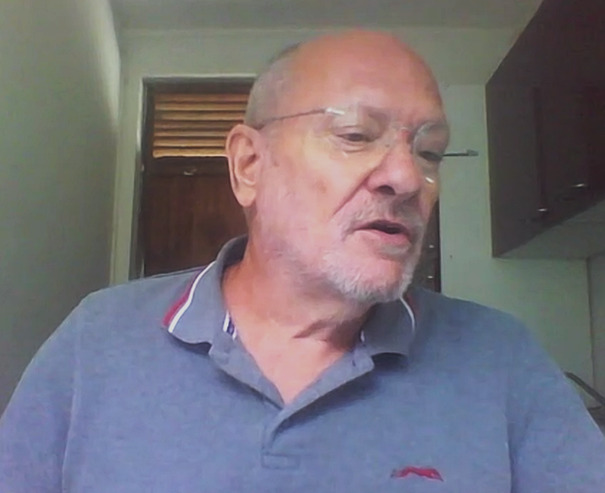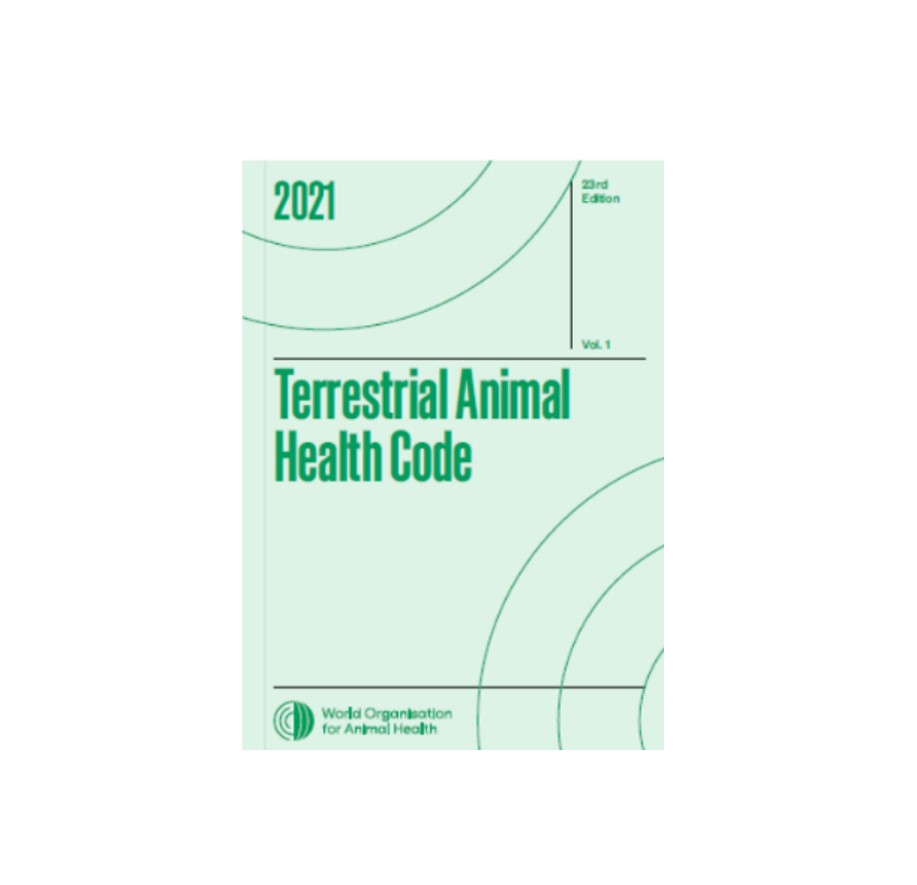
Generally, in the Africa region, there is a high proportion of veterinary paraprofessionals (VPPs) in the workforce relative to graduate veterinarians (eight to one according to WOAH WAHIS). In addition, regional VPP training for VPPs varies considerably in content and duration varies considerablyacross the region. In this context, veterinary legislation is essential to ensure a clear understanding of the roles and qualifications of veterinarians and VPPs and ultimately improve the control of livestock diseases across Africa.
To better understand the legislative landscape for VPPs in Africa and to support WOAH’s ongoing projects related to veterinary workforce development in Africa, WOAH collected and reviewed legislation pertaining to the regulation of veterinary professions from 50 WOAH member-countries in Africa and analysed them according to essential elements gathered from the standards set by WOAH for the regulation of the veterinary professions. This analysis revealed that generally African countries recognisze the importance of regulating veterinarians, with 40 out of the 50 responding countries having legislation regulating the veterinary profession. Further, almost all countries with legislation regulating the veterinary profession include a legal basis for the creation of a Veterinary Statutory Body. In contrast, the results confirm that VPPs are underregulated in Africa compared to veterinarians, with most countries currently lacking a legal basis for the national VSB to regulate VPPs, despite the preponderance of these workers in some countries. VPPs may therefore not deliver the skills and competencies required for their respective categories of workers.
These webinars presented the regional and subregional results to the East, West, Central and North Africa subregions, along with presentations designed to raised awareness of the importance of legislation for and the regulation of the veterinary professions, including legal drafting principles and lessons learned from the experiences of VLSP and VPP experts in the subregions.
For the East Africa webinar, 45 people participated (excluding WOAH staff) from eight countries: Djibouti, DRC, Ethiopia, Kenya, Rwanda, Tanzania, Uganda and Zambia. For the NWCA webinar, 70 people participated (excluding WOAH staff) from 13 countries: Algeria, Burkina Faso, Cameroon, Chad, DRC, Gambia, Guinea, Morocco, Niger, Nigeria, Senegal, Togo and Tunisia. The profiles of the participants included veterinary and VPP association members, private veterinarians and VPPs, national VSB CEOs, registrars & members, lecturers, directors, researchers and deans from veterinary and VPP training centres, universities, and colleges; coordinators, epidemiologist, inspectors, lab technicians, experts, and Directors from national ministries of agriculture; directors, inspectors, educators, and researchers from the Ministry of Education; project focal points (PCTAD) and partners from VSF and ILRI, and Regional organization employees (ECOWAS).
.
Dr Simon Kihu, Chair (24 January 2023)
Dr Simon Kihu, Chair (24 January 2023)
The opening presentation focused on the WOAH workforce development activities through PVS Pathway, the importance of an enabling environment for effective integration of VPPs into the workforce and particularly the importance of a sound legal and regulatory framework.
This presentation, by Dr David Sherman (delivered by Mrs Sonia Fèvrein French on 31 January), elicited many positive reactions and insightful responses When asked about the added value of VPPs to the veterinary workforce, responses included the work of VPPs during vaccination campaigns, customer loyalty and improvement of delivery of veterinary services, and wider coverage throughout the national territory.
Dr Bachir Souley Kouato, Chair (31 January 2023)
Dr Bachir Souley Kouato, Chair (31 January 2023)
When asked whether and what aspects of the enabling environment for VPPs need to be addressed, participants responded: lack of legal framework, in particular the legal requirement for VPPs to work under the supervision of veterinarians, and improvement of training, including different specialisations. Finally, most responded that there is no or limited workforce planning in their country.
Dr David Sherman (24 January 2023) English language
Ms. Anne-Marie Lalonde (24 and 31 January 2023)
The second presentation was delivered in both webinars by Ms Anne-Marie Lalonde, lawyer and VLSP expert. Ms Lalonde taught participants about the basics of veterinary legislation, including the role, relevance, and principles of veterinary legislation and why legislation around veterinary practice is important for defining roles and relationships of VPPs in veterinary legislation. She also educated participants on basic legal drafting principles and their significance in the crafting of quality veterinary legislation.
Ms. Anne-Marie Lalonde (24 and 31 January 2023)
Her follow-up poll questions on aspects of veterinary legislation elicited enlightening responses for both webinars. Notably, despite the majority of participants in the East Africa webinar and NWCA webinar responding that the national legislation is acceptable with explanatory material (or easy to understand, the majority of participants responded that they very often, often or occasionally experience difficulties in the field due to unclear legislation. These responses suggest that despite the legibility of the national legislation, it is still insufficient at meeting the needs of many participants and likely requires review.
When asked what is the biggest challenge in engaging in the modernization of legislation, most participants reponded low resources within the Veterinary Services and insufficient legal support, followed by resistance from stakeholders and “low support from the Minister’s cabinet.” This suggests that many of the VS could benefit from greater resources, which could also include more resources allocated to legal support (including more assistance from Ministry lawyers). These responses also suggest that the national VS could benefit from increased efforts to engage stakeholders in the legislative process to reduce resistance, particularly for East Africa.
Finally, some participants remarked generally that their national legislation is very old (sometimes over 50 years old), and others remarked that the implementation of the legislation is more problematic than enacting it, which reinforces the need for review of legislation to ameliorate this issue. Others also mentioned that political support is key for addressing both of these challenges.
Ms. Anne-Marie Lalonde (24 January 2023) English language
Ms Kelsey Galantich (24 and 31 January 2023)
Ms Kelsey Galantich, lawyer and WOAH VLSP Consultant, delivered the third presentation for both webinars on the regional and subregional results of the review of legislation regulating the veterinary professions for 50 African countries, which was finalized in 2021. Generally, the subregional trends were very similar to the regional trends. One of the most notable was that despite the number of countries with a legal basis to create a national VSB, only 30% of countries in the region, a little over 50% of countries with legislation in East Africa, 20% in North Africa, and 6% in West and Central Africa have a legal basis for the VSB to regulate both VPPs and veterinarians.
Ms Kelsey Galantich (24 and 31 January 2023)
This is particularly notable because VPPs in Africa outnumber veterinarians eight to one according to WAHIS data, and particularly because 100% of countries in west and central Africa reportedly use VPPs, 93% of countries in East Africa, and 67% of countries in North Africa (according to WOAH WAHIS data). Finally, the legislation review revealed that many countries lack a legal basis for continuing education, as well as that many countries could benefit from enacting secondary legislation or regulations.
When asked during the webinars about whether these findings correspond to the individual country situations, the vast majority of participants responded that they agree or strongly agree. These results by a set of participants with a range of backgrounds suggest that the results of the legislation review are overall consistent with the observations across many sectors in individual countries (academia, government, and private). However, for the East Africa webinar, the majority of participants responded that the national VSB regulates VPPs, which is higher than the results of the legislation review for this subregion. This suggests that many national VSBs are regulating VPPs without a legal basis to do so. In contrast, the majority of participants in the NWCA Africa webinar responded that their national VSB does not regulate VPPs. Though this is closer to the results of the legislation review, the national VSB of a significantly higher percentage of countries in the NWCA subregions regulate VPPs and CAHWs than those with a legal basis to do so according to the legislation review. Thus, like for East Africa, these results suggest that many national VSBs are regulating VPPs and CAHWs without a legal basis to do so, and could benefit from amending their legislation to enshrine this authority in the law.
Finally, when asked whether there is another body (besides the national VSB) that regulates VPPs and/or CAHWs, alternative regulating bodies include the national veterinary authority and national VPP associations.
Ms Kelsey Galantich (24 January 2023) English language
Mr. Benson Ameda (24 January 2023)
Mr. Benson Ameda (24 January 2023)
The fourth and final presentation of the East Africa webinar included a presentation by Mr Benson Ameda, WOAH VPP expert and President of the Africa Veterinary Technicians Association. Mr Ameda’s presentation focused on the road to the regulation of VPPs and their recognition within the national legislation of Kenya, illustrating the importance of VSB in regulating VPPs and the road to enshrining this mandate in Kenya’s national legislation. He presented the challenges and hurdles overcome in order to repeal of the Veterinary Surgeon’s Act and replace it with the Veterinary Surgeons and Veterinary Paraprofessions Act (VSVPA) in 2011, which are likely to be the same or similar to those faced by other countries in the East Africa subregion.
Mr Ameda then illustrated how the legal recognition of VPPs in the VSVPA improved the veterinary services of Kenya by providing for and leading to the registration of VPPs by the national VSB, which subsequently led to the growth in VPP training institutions and standardization of their training and specialties. His presentation was very well-received with many positive and inspired comments from the participants.
When asked whether VPPs are represented in the decision-making organ of the country for the veterinary profession, most participants responded no. This question is key to ensuring that VPPs are fairly regulated by allowing them to have a say in their own regulation. This further illustrates that for many countries there is still work to be done to ensure the proper regulation of the VPPs even if they are already regulated by the national VSB.
Mr. Benson Ameda (24 January 2023) English
Dr Martial Petitclerc (31 January 2023)
Dr Martial Petitclerc (31 January 2023)
The fourth and final presentation of the NWCA webinar included a presentation by Dr Martial Petitclerc, a veterinarian and VLSP expert, as well as former Inspector General of Veterinary Public Health at the French Ministry of Food, Agriculture and fisheries and secondee to WOAH from 2006-2016. Dr Petitclerc presented his experiences regarding legislation on VPPs and VSBs, including examples and findings from his work in numerous countries within NWCA countries and examples of common problems in regulating VPPs.
Dr Petitclerc challenged participants to stop thinking of the veterinary profession as a monopoly for veterinarians and to instead think of the greater purpose of regulating the veterinary profession, namely, to guarantee the quality of the service rendered, i.e. veterinary medicine. In doing so, Dr Petitclerc emphasized that it is important to admit that all those who practice all (veterinarian) or part (VPP) of veterinary medicine have a place, and that everything is based on a definition of veterinary medicine. Dr Petitclerc left participants with several key recommendations, including that participants:
Dr Martial Petitclerc (31 January 2023) in French
